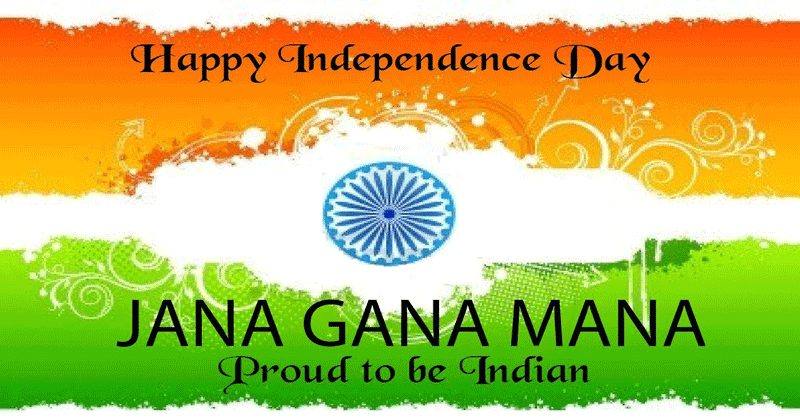
“Jana Gana Mana” is the national anthem of India. It was originally composed as Bharoto Bhagyo Bidhata in Bengali by poet Rabindranath Tagore.
The first stanza of the song Bharoto Bhagyo Bidhata in its Hindi version was adopted by the Constituent Assembly of India as the National Anthem on 24 January 1950.
A formal rendition of the national anthem takes approximately fifty-two seconds. A shortened version consisting of the first and last lines (and taking about 20 seconds to play) is also staged occasionally.
It was first publicly sung on 27 December 1911 at the Calcutta (now, Kolkata) Session of the Indian National Congress.
While this is common knowledge, what do you know of the controversy surrounding the national anthem?
It was alleged that ‘Jana Gana Mana’ was penned down to pay homage to the Emperor. Jana Gana Mana’ was written down to praise King George V.
King George V was scheduled to arrive in Calcutta on 30 December and a section of the Anglo-Indian English press in Calcutta thought – and duly reported – that Tagore’s hymn was a homage to the emperor.
The poet rebutted such claims in a letter written in 1939: “I should only insult myself if I cared to answer those who consider me capable of such unbounded stupidity.” Moreover, if someone reads the whole hymn himself before the post content, nothing more is required to explain. The judgment is yours…we all have read Kipling’s “The way through the woods” …. for some it is meant to be the literal meaning, for some it is ‘revolution’…the choice is the judgment and intellect.

Post Your Comments